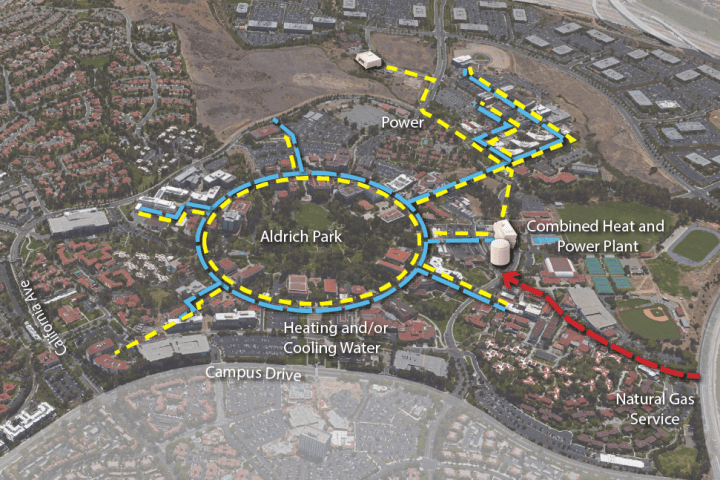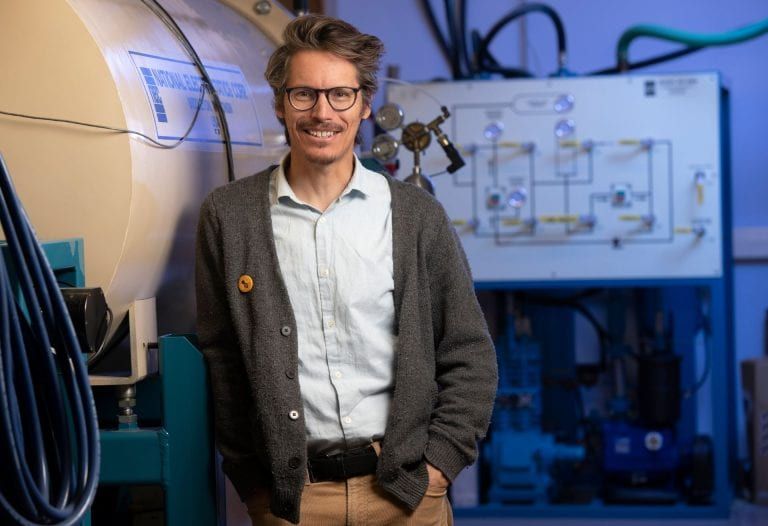Solutions that Scale
Our Vision
A society where individuals and global institutions partner to enable the long-term flourishing of our planet, its natural resources, and its inhabitants.
Our Mission
To discover, translate, and enable scalable, data-driven solutions to the global problems of climate change and environmental degradation; to accelerate humanity’s understanding of our impact on the physical climate; to build collaborations among scientists, business leaders, and policy makers to create actions that promote global flourishing; to educate climate and environmental change leaders in a broad range of careers.
Climate Solutions Loop
Global environmental problems often take the shape of vicious cycles, with universal human desires for improved wellbeing cascading via consumption and environmental impacts to instead reduce it. Different solutions address different links in such cycles, born of research, translation, education, and practice. However, solutions to planetary problems must reach planetary proportions. This is why we’re bringing together scientists and academics, policy makers, business leaders, and global citizens to identify and accelerate solutions that scale.

Executive Board

Michael Burton

Francois Primeau
Affiliated Centers, Institutes and Initiatives
News

UC Irvine-led science team shows how to eat our way out of the climate crisis

UC Irvine scientists reveal what fuels wildfires in Sierra Nevada Mountains
Get in Touch
Subscribe
Join our mailing list to stay connected with UCI Solutions that Scale for news and events.




















